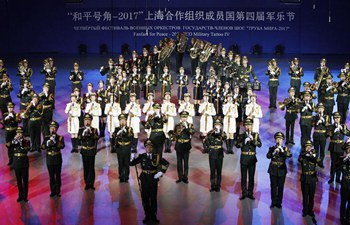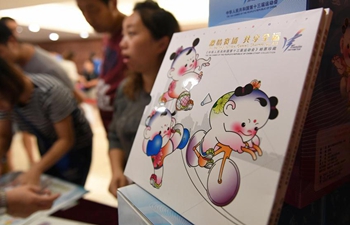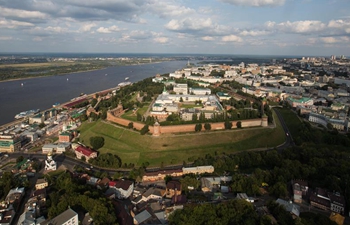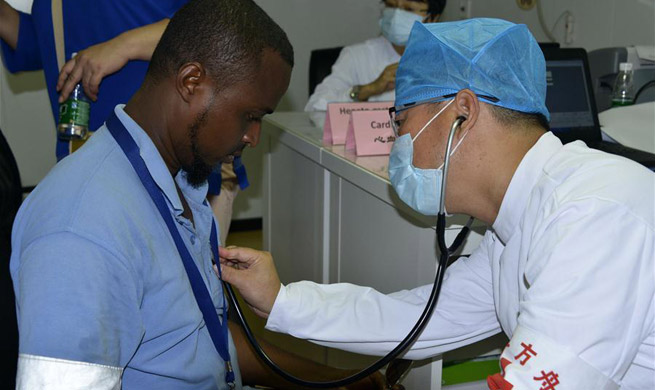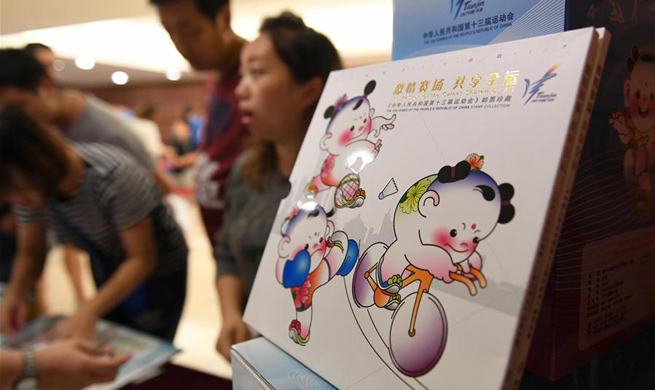DAMASCUS, Aug. 27 (Xinhua) -- The Damascus International Fair has succeeded beyond expectations, said Fares Kartali, director of the General Establishment for Exhibitions and International Markets, local media reported Sunday.
Many contracts have been signed during the ten-day fair between local and foreign companies in the event that wrapped up on Saturday, Kartali said.
"The values of these contracts cannot be assessed until the completion of the import and export operations," he said.
Meanwhile, state run SANA news agency said the premier trade fair, the first to take place since 2011, had attracted over 2.2 million visitors during the last 10 days.
State media outlets said the turnout during the fair's 59th edition was the best since the event was first held in 1954.
An agreement was signed to import 200 buses to Syria from Belarus, said SANA, adding that other protocols were signed between Syria and Iran for the trade exchange of food and electronics.
Holding the fair was so important for the government, which wanted to deliver a message that life is beating back in Syria and that the economic recovery has started after a six-year crushing war.
The fair showcased all kinds of products, including Syria-assembled cars, electronics, food items, and construction gears. Syria-based foreign embassies also had pavilions in the fair.
Experts believe that the fair comes at a time when the political deals for Syria seem near, which pushes the government as well as local and foreign companies to start planning investments.
When the war is over, Syria is expected to be the main attraction of foreign companies, and governments, particularly those interested in the reconstruction process.
Foreign investments will also play a role in shoring up the sluggish economy in Syria, which took a heavy beating during the war.
After six years of war in Syria, the country's economy has become crippled with the wide-ranging U.S. and European sanctions against Bashar al-Assad's government.
The total economic losses so far are calculated at about 226 billion U.S. dollars, "about four times the Syrian GDP in 2010," according to estimates published by the World Bank last month.
The effects will be felt for decades, as it's estimated that it would take 10 to 15 years for Syria's per capita GDP to return to pre-war levels.




